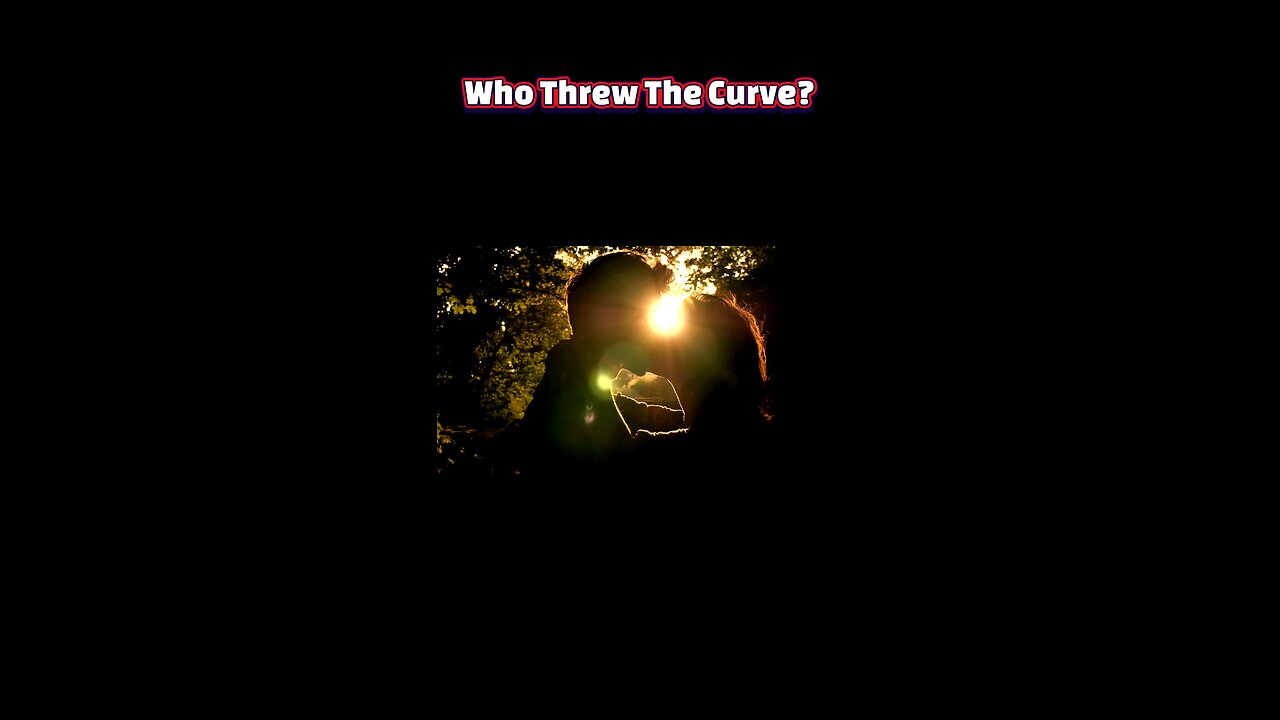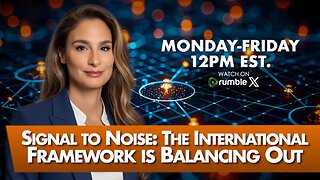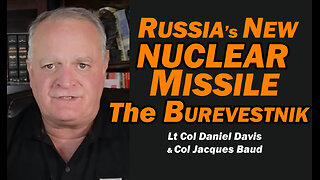Premium Only Content

Lip Service: The Secret Science and Soul Behind Every Kiss
#KissScience #LoveHormones #OxytocinRush #EvolutionOfLove #ChemistryInAction #HumanConnection #PsychologyOfKissing #BeyondWords #LipLockMystery #HeartFlutter #kissing #new #newvideo #fyp
Why do humans kiss, and what really happens when we do it? At its core, kissing is a universal gesture of affection and connection. From a toddler planting a peck on a parent’s cheek to lovers locked in a passionate embrace, it transcends cultures and generations. Yet beneath the surface intimacy lies a complex interplay of biology, psychology, and social signaling. By unpacking its origins and effects, we can appreciate why this simple act carries such powerful meaning.
Many scientists believe kissing evolved as an extension of maternal feeding behaviors. When infants nurse, they press their lips against the mother’s breast, receiving crucial nutrients while forming an early bond. Over time, adults may have co-opted this pattern to assess genetic compatibility, exchanging subtle chemical cues through saliva. These cues can reveal immune system markers, helping partners subconsciously gauge the health of their potential offspring.
Beyond evolutionary chemistry, kissing also plays a vital role in emotional bonding. When we kiss, the brain floods with oxytocin, often called the “love hormone,” which fosters trust and attachment. Simultaneously, dopamine and serotonin levels rise, creating feelings of pleasure and reward. This neurochemical cocktail not only cements romantic ties but also strengthens friendships and family bonds when shared platonicly.
Physiologically, kissing activates dozens of muscles in the face and can burn a few calories, though it’s hardly a workout. More importantly, it stimulates the autonomic nervous system, increasing heart rate and dilating blood vessels. These changes enhance blood flow and heighten sensitivity, making the experience more vivid. In some cases, deep kissing can even serve as a natural stress reliever, lowering cortisol levels and promoting relaxation.
In our modern world, kissing remains a versatile signal of love, respect, and solidarity. It can mark celebrations, soothe sorrow, or ignite desire. Far more than a reflexive peck, it’s a rich form of nonverbal communication steeped in biology and culture. Whether it sparks romance or comforts a friend, kissing continues to remind us that human connection often begins where words leave off.
-
 35:24
35:24
The Rubin Report
2 hours ago'Real Time' Crowd Goes Quiet as Bill Maher & Democrat Have a Tense Exchange About Zohran Mamdani
58.2K22 -
 LIVE
LIVE
LFA TV
16 hours agoLIVE & BREAKING NEWS! | MONDAY 10/27/25
3,892 watching -
 LIVE
LIVE
The Mel K Show
1 hour agoMORNINGS WITH MEL K -Signal to Noise: The International Framework is Balancing Out - 10-27-25
622 watching -
 LIVE
LIVE
The Shannon Joy Show
2 hours ago🔥SJ Show 10/27 * Trump Jr. Wins Massive Drone Contract From Daddy’s Military * Tom Massie Targeted For Destruction By MAGA * Trump’s Perma-Shutdown Opens Door For Mass Corruption in DC🔥
231 watching -
 LIVE
LIVE
Daniel Davis Deep Dive
2 hours agoRussia's NEW NUCLEAR MISSILE: The Burevestnik /Lt Col Daniel Davis & Col Jacques Baud
164 watching -
 LIVE
LIVE
Trumpet Daily
1 hour agoTrumpet Daily LIVE | Oct. 27, 2025
392 watching -
 DVR
DVR
iCkEdMeL
2 hours agoMajor Police Response! SWAT — Barricade Situation Turns Intense!
11.8K1 -
 20:07
20:07
Professor Nez
1 hour ago🚨THE MAN IS MYTHICAL! Trump BREAKS the Internet AGAIN! (MUST SEE)
8.26K8 -
 1:02:03
1:02:03
VINCE
3 hours agoAnother Day, Another Historic Deal | Episode 155 - 10/27/25
186K84 -
 1:54:06
1:54:06
Badlands Media
9 hours agoBadlands Daily: October 27, 2025
33.8K10